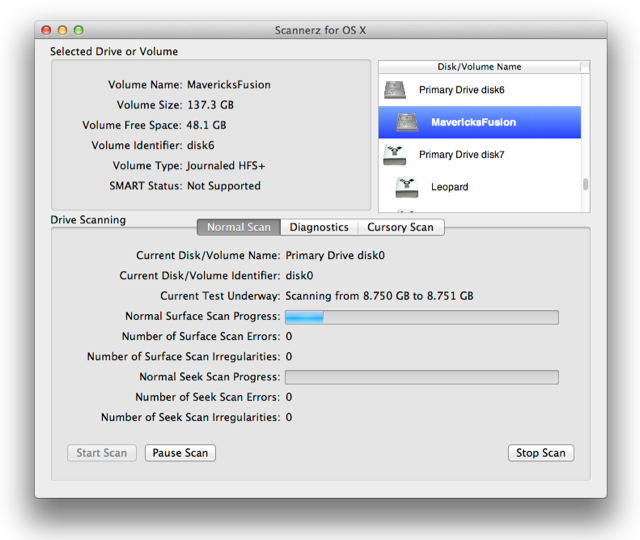

Sc body scannerz software#
"I have a hard time with that."Ĭhaffetz says that as the privacy software gets better, he might end up supporting the technology. "Do we really need to take nude pictures of Grandma or my 8-year-old daughter in order to be able to secure an airplane?" Chaffetz says. He helped write the legislation after seeing other types of scans that he says were more anatomically revealing.

Jason Chaffetz is a Republican congressman from Utah who co-authored a bill to block wider use of whole-body scans. It's unfortunate, but it's the world we live in." Reiss says he thinks the privacy concerns with body scanners have been addressed, and airports should be using the technology more. almost silhouette-ish in nature," Reiss says.Īt airports where similar scanners are in use, the people who view the images are in a separate room, away from the passengers, so they don't know who they're looking at. "We're not showing any detail of the person themselves really just confined to the outline. He argues that the machines aren't really revealing at all. Joe Reiss is the vice president of marketing at American Science and Engineering. The system is configured with privacy software that blurs the passenger's face. The scan itself takes less than 10 seconds and produces an image that looks similar to a charcoal outline. Passengers stand in front of the machine with their arms lifted from their sides. The scanner it makes is about the size of a tall refrigerator. manufactures body-scanning machines that have been used in pilot tests at a few airports in the U.S.

And they say a lot of the privacy issues have been solved.Ī company called American Science and Engineering Inc. Some in Congress even want to limit their use.īut experts say full-body scanners are much more effective than the metal detectors commonly in use at airports, which have no capacity to detect explosives. Some airports have started using the devices, but critics are worried that the machines invade passengers' privacy. The attempted bombing of an airplane on Christmas Day could lead to more widespread use of whole-body imaging scanners.


 0 kommentar(er)
0 kommentar(er)
